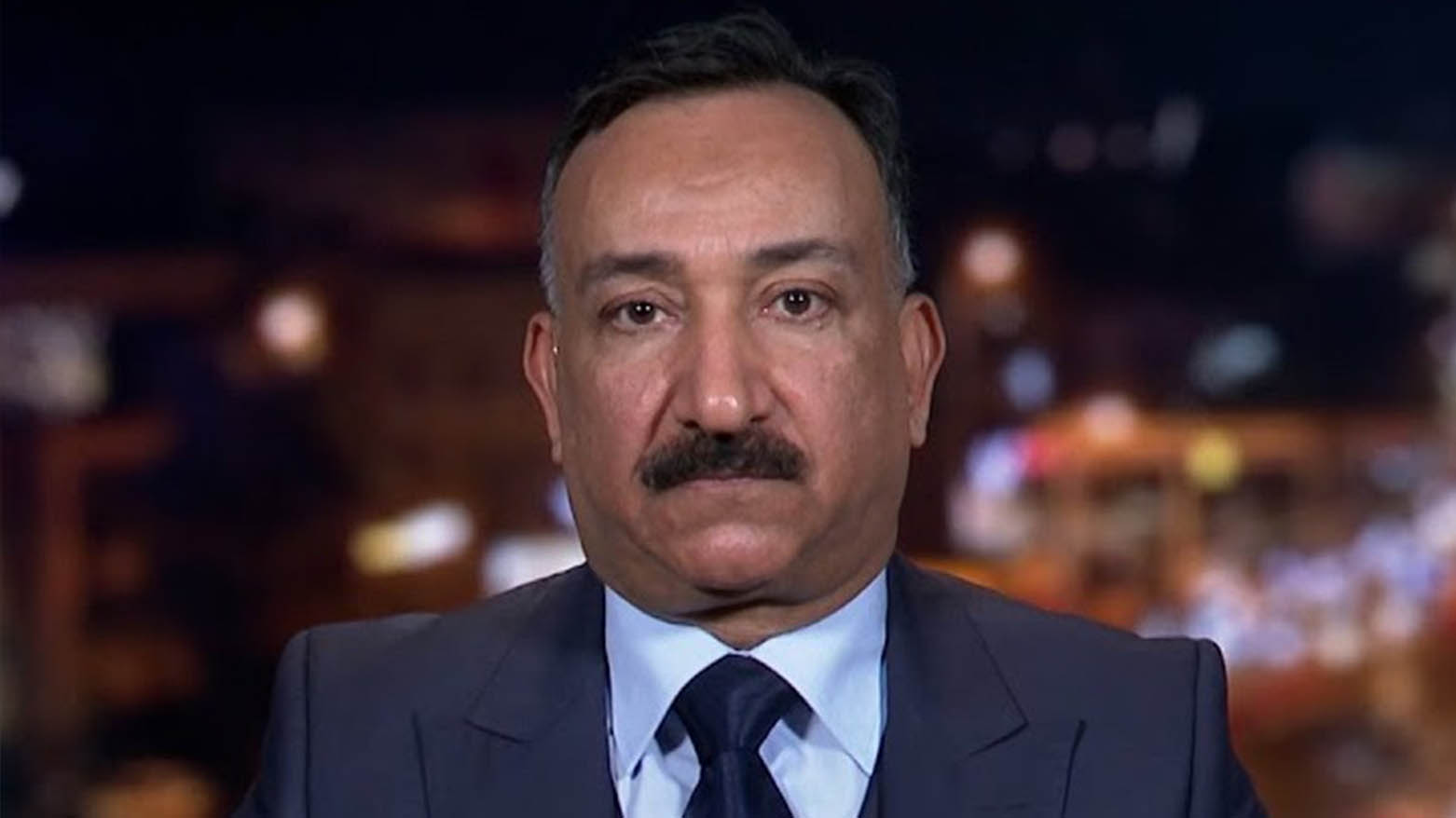Security Expert Predicts U.S. Strikes on Iraq's Militias After Drone Attacks on KRG Oil Infrastructure
An Iraqi security expert predicts imminent U.S. strikes on militias behind drone attacks on Kurdistan's energy sector and U.S. interests. He states the groups miscalculated, threatening global security, while the KRG has previously accused Baghdad of evading responsibility for the attacks.

By Kamaran Aziz
ERBIL (Kurdistan 24) – An Iraqi security and military expert has issued a stark prediction that retaliatory attacks will be carried out against armed groups in Iraq in the "coming days," asserting that their persistent drone assaults on the Kurdistan Region's energy sector and American interests are a grave miscalculation that threatens global security and is likely to provoke a forceful response. The expert’s analysis comes amid long-standing criticism from the Kurdistan Regional Government (KRG) directed at the Iraqi federal government for what it describes as an "evasion of responsibility" in securing the Region from such threats.
In an exclusive interview with Kurdistan24, Ahmed Sharif, an Iraqi security and military expert, stated unequivocally that the origin of the sophisticated weapons used in these repeated attacks is no mystery to security officials.
“The source of these drones is clear—where they are made and from where they are directed at the energy sources of the Kurdistan Region and at American interests,” Sharif said, adding that “it is clear who manufactures the drones and who has supplied them to the armed groups that target American interests.”
Sharif contextualized these attacks within the framework of the Iraqi federal government's international commitments. He pointed to promises made by the administration of Prime Minister Mohammed Shia al-Sudani to Washington and the international community, suggesting the ongoing assaults represent a significant breach of those undertakings.
“One of the promises the Sudani government made to America and the United Nations is to protect Iraq's neutrality in regional conflicts, while also safeguarding shared strategic interests with America,” the expert explained. He stressed that the implications of the attacks extend far beyond their immediate targets. “The drone attacks don't just target America; we are talking about energy sources, and this is an integral part of the conflicts that threatens the stability of the people.”
According to Sharif, the armed factions responsible for launching these drones are operating under a dangerous illusion if they believe their actions will compel a U.S. withdrawal from Iraq. He argued that the strategic nature of the targets—critical energy infrastructure—elevates the issue to one of international importance, making a kinetic response from the United States more, not less, likely.
“Attacking energy sources is a threat to global security,” Sharif stated. “Therefore, in my view, it is a mistake for the armed groups to believe that attacking America will force it to leave Iraq. Instead, it is likely that America will attack the armed groups; we predict this for the coming days.”
This expert prediction lands on fertile ground of frustration previously expressed by officials in the Kurdistan Region. The KRG’s Ministry of Interior has publicly criticized the federal authorities in Baghdad for their perceived inaction and failure to prevent the recurring security breaches against the Region.
In a prior clarification statement, the ministry outlined its expectations for a sovereign federal government, noting that when threats emerge, action should be swift and decisive.
“When threats arise against the Kurdistan Region or any other part of Iraq, the expectation from the relevant federal authorities is for them to take necessary measures, prevent the recurrence of threats, and punish the perpetrators,” the ministry’s statement read.
However, the KRG conveyed a deep sense of abandonment and suspicion regarding Baghdad’s handling of the security file, accusing the federal government of failing to fulfill its constitutional duties to protect all parts of the country.
“However, unfortunately, we sense a kind of cover-up and evasion of responsibility regarding the security violations being committed against the Kurdistan Region,” the statement concluded.
The convergence of this ongoing political friction between Erbil and Baghdad with the expert forecast of imminent military retaliation highlights a volatile and precarious security dynamic. As armed groups continue to leverage drone technology to strike at the heart of the Kurdistan Region's economy and at U.S. assets, the potential for a significant escalation that could draw in international forces appears to be growing, placing further strain on Iraq’s fragile stability.